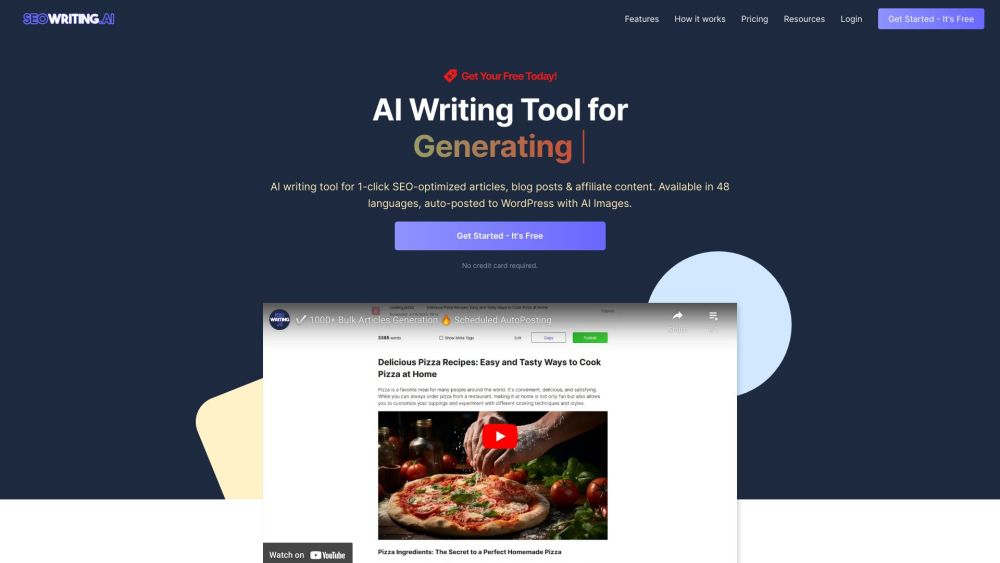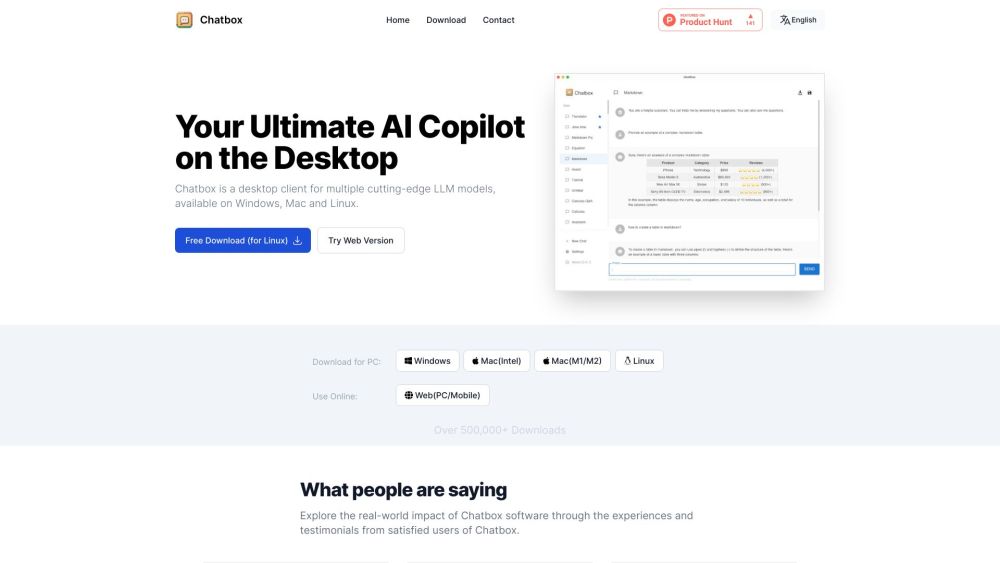Many experts have labeled 2023 as the year of AI, a term that featured prominently on numerous “word of the year” lists. While AI has significantly enhanced productivity and efficiency in the workplace, it has also introduced new risks for businesses.
A recent Harris Poll survey commissioned by AuditBoard found that approximately half of employed Americans (51%) are utilizing AI-powered tools at work, largely influenced by the popularity of ChatGPT and other generative AI solutions. Conversely, nearly half of the respondents (48%) admitted to entering sensitive company data into AI tools that were not provided by their employers to assist with their tasks.
The swift adoption of generative AI tools in work environments raises ethical, legal, privacy, and practical challenges, underscoring the urgent need for businesses to establish robust policies around the use of these tools. Alarmingly, most organizations have yet to develop such policies. A recent Gartner survey revealed that more than half of all organizations lack a formal internal policy regarding generative AI. Additionally, the Harris Poll showed that only 37% of working Americans have guidelines in place for non-company-supplied AI tools.
While drafting these policies may seem daunting, taking proactive steps now can help organizations avoid significant complications later.
AI Use and Governance: Understanding the Risks
The fast-paced integration of generative AI has made effective AI risk management and governance a challenge for businesses, leading to a disparity between AI adoption and the establishment of formal policies. According to the Harris Poll, 64% of respondents consider the use of AI tools to be safe, suggesting that many organizations may be underestimating potential risks.
The risks and challenges associated with AI vary, but three common issues stand out:
1. Overconfidence: The Dunning-Kruger effect often leads individuals to overestimate their abilities, including their understanding of AI. This can result in harmless mistakes, such as providing incomplete information, or more severe consequences, such as violating legal restrictions or risking intellectual property.
2. Security and Privacy: Effective AI requires access to vast amounts of data, which can include sensitive personal information. Using unverified AI tools poses significant risks; therefore, organizations must ensure compliance with data security standards.
3. Data Sharing: Many technology vendors are now integrating AI capabilities into their products, with many approaches being self-service for users. Free tools often monetize user-provided data, emphasizing a crucial principle: if you're not paying for the product, you may be the product. Organizations must ensure that their data, as well as that of customers, is not used without explicit consent.
Moreover, organizations face challenges in developing AI products, particularly about how customer data is used for model training. As AI becomes increasingly integrated into various business functions, these considerations will only multiply.
Crafting Comprehensive AI Usage Policies
To successfully integrate AI into business strategies, companies must establish a framework of policies and guidelines that promote responsible AI use. While these policies will differ based on specific business needs, four fundamental pillars can guide organizations in harnessing AI while minimizing risks:
1. Aligning AI with Strategic Objectives: Integrating AI should enhance operational efficiency and drive growth, rather than being adopted for technology's sake. AI applications should resonate with the organization’s mission and long-term goals.
2. Managing Overconfidence: While recognizing AI's potential, organizations must balance enthusiasm with caution. Understanding the limitations and biases inherent in AI tools is essential for responsible usage.
3. Establishing Guidelines for AI Usage: Developing protocols for data privacy, security, and ethical conduct fosters consistent, responsible use across departments. This involves:
- Involving diverse teams in policy development to incorporate various perspectives, including legal, HR, and information security considerations.
- Clearly defining acceptable and unacceptable applications of AI to avoid harmful uses while facilitating beneficial ones.
- Committing to ongoing policy evaluations and employee training to keep pace with the evolving AI landscape.
4. Monitoring Unauthorized AI Use: Implementing strong detection and data loss prevention mechanisms is vital for identifying unauthorized use of AI tools. This includes regular audits of AI interactions to protect proprietary information and reduce the risk of breaches.
As businesses increasingly embrace AI, the development of thorough, clear policies will enable them to leverage this technology effectively while managing potential risks. Such policy frameworks promote ethical AI usage and build resilience in an increasingly AI-driven world. Now is the time for organizations to act. Those that formulate well-defined AI policies will navigate this transformation effectively while maintaining ethical integrity and achieving strategic objectives.





